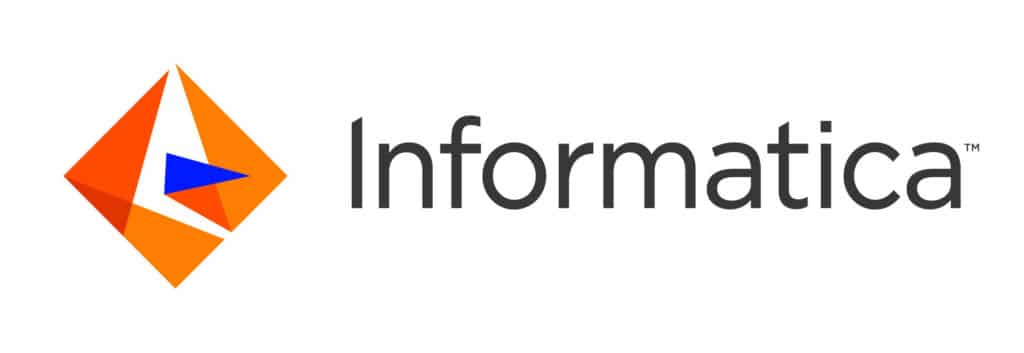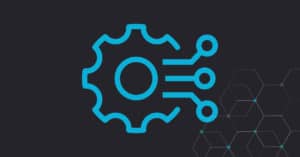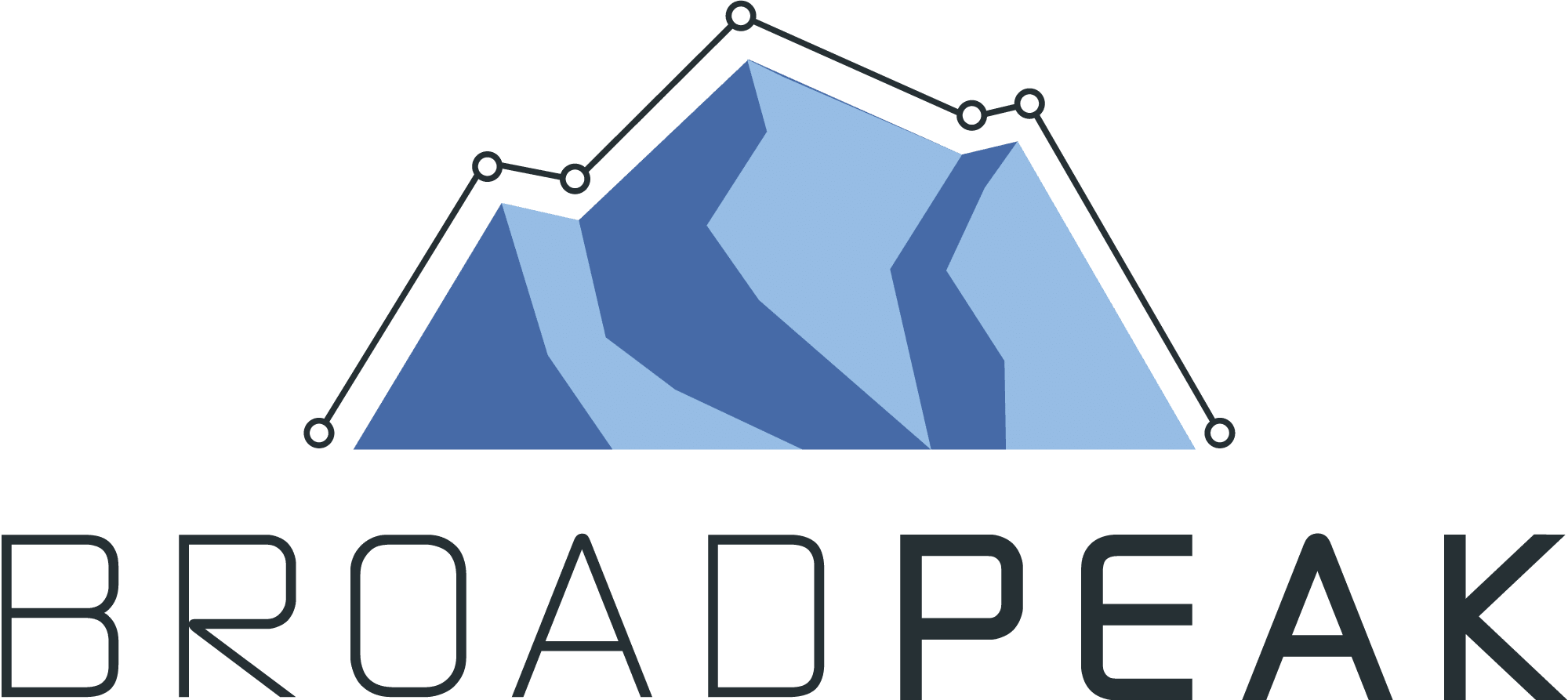Key Contrasts Between K3 ETL Integration and Informatica
Stark differences emerge when comparing K3 ETL to Informatica:
- Code Environment: As the leader in low-code ETL, K3 allows non-technical strategists to refine the data they need. Informatica is extremely high-code and requires an army of developers to make it work. Informatica came from decades ago. It simply has not kept current with technology standards and efficiency.
- CDC Connectivity: K3’s library of change data capture connectors instantly note changes in production databases and reflect the updates in your analytical databases. Informatica has not developed CDC connectors, so manual or scheduled full ETL runs are require to obtain the most current data.
- Data Orchestration: Sophisticated K3 data prep and ETL integrate seamlessly with other leading data warehouses for optimal calculation, evaluation, flow, and display. Informatica lacks a rules repository needed to orchestrate workflow.
KEY TAKEAWAYS:
- K3’s Low-code options puts decision-fueling data attributes in the hands of decision makers, rather than developers and techs. Informatica continues to be a high code environment that takes a small army of people to run properly. No business has time for this kind of bottleneck.
- With K3’s CDC capabilities, databases can be updated quickly, leading to better decisions and processes based on real-time circumstances.
- Allowing K3 to handle intensive ETL and data orchestration tasks frees powerful database tools like K3 for Amazon Redshift and K3 for Snowflake to do what they do best, optimizing the entire data value chain.
K3’s Low-code options puts decision-fueling data attributes in the hands of decision makers, rather than developers and techs
K3 and Informatica Overview
K3’s low-code environment extends from ETL and throughout the data route configuration process while integrating with the most sophisticated and important database, visualization, and ecommerce tools on the market. K3 keeps data moving in the proper format to and from databases, analytical platforms, and downstream applications.
Informatica is the granddaddy of ETL platforms. It was state of the art at the turn of the century. Unfortunately, Informatica has not aged well. Its interface is clunky and its features are limited. It’s high-code structure needs constant IT attention to keep it running.
The costs associated with maintaining Informatica and the efficiency lost by running critical data tasks on its behind-the-times processing functions leads many companies to investigate upgrading to K3’s low-code solution.
FEATURE COMPARISON OF BIZTALK V/S K3
K3

Data Deployment
Hosted Cloud Deployment
Yes
Yes
Private Cloud Deployment
Yes
Yes
On Premise Deployment
Yes
Yes
Data Stays Private Guarantee
Yes
No
Scalability
No Per User Charges
Yes
No
Database CDC Connections (see databases)
Yes
No
SaaS Connections (see connectors)
Yes
Yes
Multiple Formats (XML, JSON, EDI, etc.)
Yes
Some
Features Comparison
Data Rules Engines
Yes
No
Low Code Data Route Configuration
Yes
No
Low Code ETL
Yes
No
Data Orchestration
Yes
No
Low Learning Curve
Yes
No
Audit Trail
Yes
No
Test/Prod accounts included
Yes
No
K3 and Informatica Data Prep, ETL and Integration Capabilities and Functions
K3
Informatica
CODE ENVIRONMENT
K3 has refined an intuitive, low-code platform that enables business users – the people best positioned to influence and drive strategic outcomes – to direct analysis and solutions without getting caught up in technical minutia |
Plodding and technically unforgiving, Informatica introduces extraneous steps between data acquisition, analysis, and insightful decision making.
Forcing organizations to rely on It experts to manually code processes and maintain the code base in all applicable languages slows the progression toward data-driven action.
CHANGE DATA CAPTURE
Change Data Capture (CDC) capability gives K3 users a nearly real time method for detecting changes made to transactional databases and delivering the new information to the production database where it can be analyzed, calculated positions, and documented.
Its inability to harness CDC and other modern technologies makes Informatica something of an albatross for companies that are dependent upon it. It gets more costly to operate each year, requires inelegant workarounds to make it compatible with current-generation applications, and puts firms at a strategic disadvantage by slowing the data analysis they need to make correct and timely decisions.
DATA ORCHESTRATION
K3 data integration spans data silos to retrieve and prepare data from sources whether they live on-site within legacy architecture, or across enterprise SaaS applications and private clouds.
K3 makes data orchestration simple. Our accessible tools integrate with more than 100 different applications, pushing data downstream more quickly so the applications that need it get to work faster and deliver strategic insights sooner.
Informatica’ non-existent business rules repository, limited API integration, and lack of third-party reporting integration prevents it from efficiently driving data integration and optimizing the applications and data warehouses’ dependencies on one another.
No orchestration often requires manual and unscalable sequential scheduling and can lead to the maintenance of incompatible input data and insupportable format changes caused by alterations of upstream schemas.
Yesterday’s Problem vs Tomorrow’s Solution
Informatica is deeply ingrained in many organizations that find it hard to get out from under the inefficient connections, slow data retrieval and analysis, and lumbering deployments the software forces them to work with. Companies that are not too bogged down in Informatica should escape while they can do so at relatively low cost to future-proof their organizations through a K3 upgrade.
RECOMMENDED RESOURCES

3 Considerations When Preparing Data Using ETL for Snowflake and Redshift
Data is king for small, medium and large organizations alike, but data can also be a monster lurking under the bed. Terms like data lake,

How to Use Change Data Capture for Database Replication
How on earth do you get data out of a database? How do we do this regularly, programmably and in an automated way to support

Business Resilience: Low-Code Simplifies the Complex
The COVID-19 crisis has everyone talking about business resilience. What is resilience really? Admittedly, it sounds like consultancy speak, but it’s an important concept. Formally,



